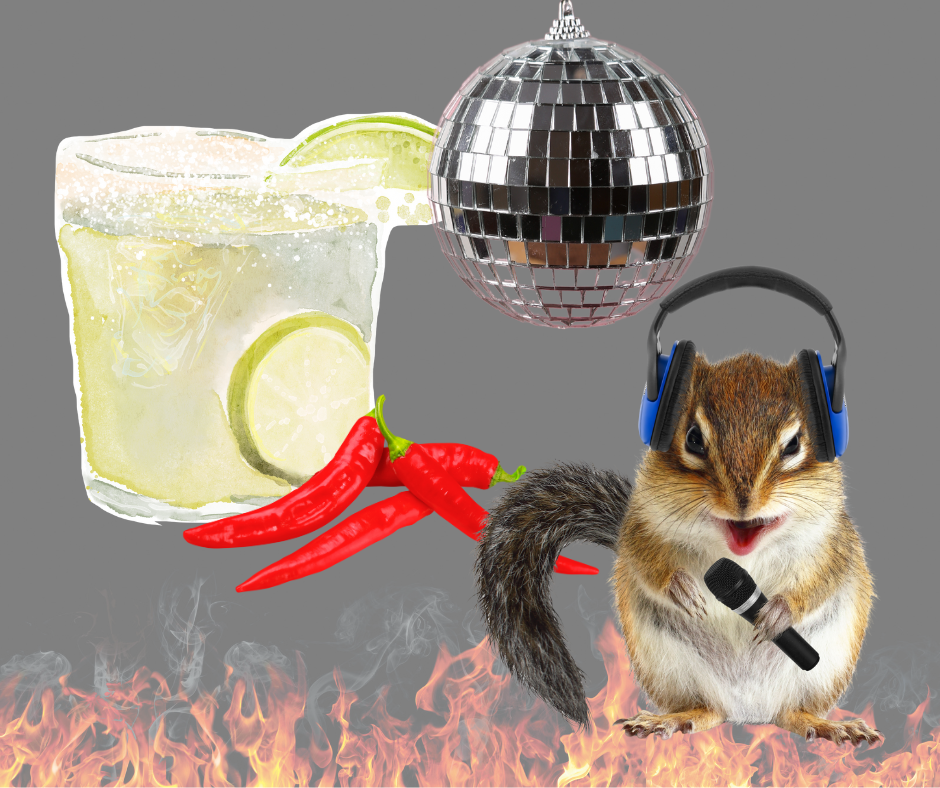I would like to humbly reply to the editorial from last week by the Women of the Spectator Editorial Board, and I want to begin by saying I’m so grateful that they are seeking to inspire more conversation. As a leader of the Students for Life club on campus, I am always striving (and usually failing) to engage students in this complex, painful, but pressing topic. I hope if my words o end or hurt anyone that you will forgive me.
While I cannot wrap my head around the president’s presence at the national March for Life (I see him as entirely anti-life), I am one of those people who believes that abortion is in direct opposition to women’s rights and is the greatest violation of human life. I acknowledge, and it is important to do so (I appreciate that the Women of the Spectator Editorial Board emphasized this), that I am a white, cis- and straight woman who comes from an upper-class family. I am also Catholic, and perhaps the most damning to my credibility, I have not had a personal encounter with abortion and only a few of my loved ones have. I acknowledge that I cannot speak from experience.
Still, I care a lot about the issue and all conversations that surround it, and I have some suggestions for them. These are by no means comprehensive or perfect, but I have spent many hours of my life learning and weeping about this topic, and so I would like to share.
In my understanding, there are many lenses through which to view and understand abortion. Some of these include philosophical, theological, ethical, and medical. Others include lenses of race, class, disability, and gender. I don’t mean to reduce the conversation to an academic inquiry – it is equally if not more essential to uplift the lived experiences of those who have been touched personally by abortion. Still, in light of 45 years of contestation, I believe it is important to ask some hard questions.
First, we should talk about the procedure itself: What is an abortion? What happens to the embryo/fetus being aborted? What happens to the woman? What are the side effects or health risks of abortion?
We should also ask these questions: Why do women get abortions? Why do women of color, and in particular Black and African American women, get abortions at drastically higher rates than do White women?
And also: Is abortion okay when a fetus is diagnosed with a disability? When the parents or society want a different sex? When a woman is being pressured/forced by someone else?
And perhaps the most challenging of questions: Is not the human fetus, the growing and developing person in the beginning stages of life, the most vulnerable and the most voiceless of human beings to ever exist at any time and space, ever? Is not the womb the place where every single one of us established our beginnings?
I believe with these questions and others, we can all have more intelligent and meaningful conversations about abortion. I welcome you, please, to find me with any questions or comments you or others may have, or you can join the Students for Life club in dialogue! We especially value engaging with those whose understanding differs from ours.
Like the Women of the Spectator Editorial Board wrote last week, we need to talk about these issues, because all of us, by taking our first breaths in the moments we were each born, escaped abortion.
—Brinkley Johnson, Senior, Humanities for Teaching major, President of Seattle University Students for Life





![[OPINION] Two Thirds Good and One Third Abysmal in the USWNT’s First Three Games of the Year](https://seattlespectator.com/wp-content/uploads/2023/05/internationalsoccer-natalieschorr@4x-900x900.png)
